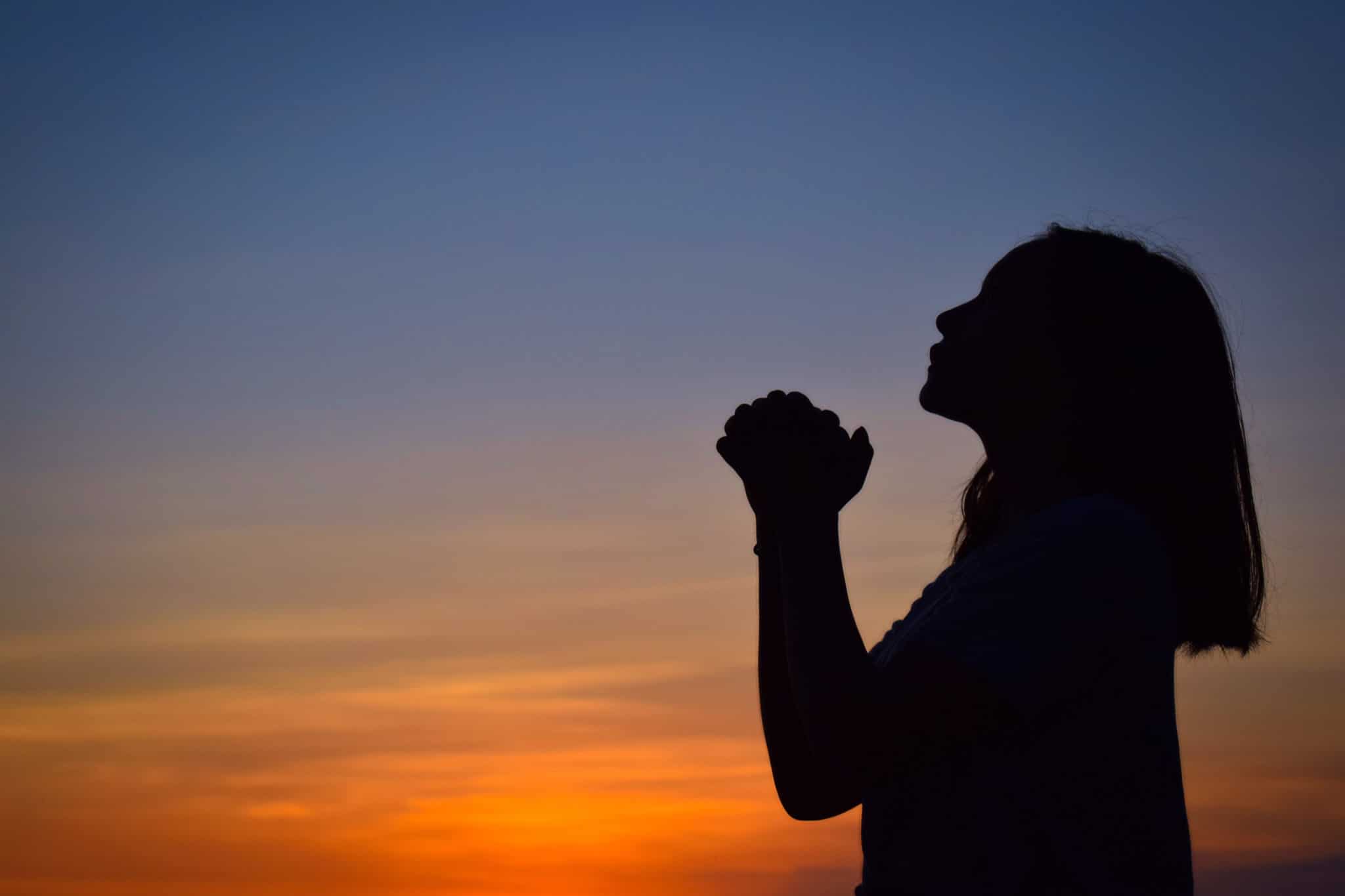 Photo by Getty Images
Photo by Getty Images This Yom Kippur, I mourned for myself.
I mourned a part of me who, before this pandemic, felt much more connected to God. Being able to attend synagogue during High Holy Days services was a big part of that connection.
There’s something comforting about being in shul, especially during the High Holy Days. It’s one of the few places where the energies of the individual and the greater community flow through one another; where, if you listen closely on Yom Kippur, you can hear the gentle cries of a woman who is striking her chest during the Vidui (confession) prayer while others have moved on and are singing psalms with jubilation.
More than anything, this year, I longed to hear the blast of the shofar. It’s a wake-up call that always penetrates my stubborn soul — a soul that longs to connect with its maker. I haven’t felt this disconnected since I was 16 and visited the Kotel for the first time. An angst-ridden teenager without an appreciation for the beauty of Jewish history, I pressed my face to the stones and thought, that’s it?
The holiday season is almost over, and I feel only one thing: malaise. But six months into this pandemic, I’ve finally found a helpful motto for matters ranging from grocery items to meaningful experiences: I’ll take what I can get.
I’ll take the package of one-ply toilet paper because it’s the last one in the store. I’ll take hand sanitizer that’s been marked up 300%. I’ll take any semblance of prayer, whether or not I’m standing in a synagogue pew.
In the days leading up to Rosh Hashanah, I stumbled upon a way to nourish my soul — on a street corner in West Hollywood. Walking my 4- and 2-year-old sons to school, I heard the faint sounds of Hebrew prayers. It was middle school children chanting morning prayers on the playground. I was so moved that I almost cried. Strangely enough, the cracking, high-pitched voices emanating from a bunch of pre-teens was one of the most beautiful sounds I’ve ever heard.
I walked my kids to the gate and headed back to my car, stopping again outside the playground, which was surrounded by a tarp-covered fence. I couldn’t see anyone, but I heard a rabbi approach the microphone and sing “Avinu Malkeinu” as the kids continued to pray.
I pressed my face and hands to the fence, closed my eyes and breathed in the energy of young Jews in prayer. I forgot about the heatwave and the fact that I was eavesdropping on children. Perhaps some of the kids prayed absentmindedly, taking such meaningful moments for granted, but there was only one term for what I experienced: soul on the street.
The cracking, high-pitched voices emanating from a bunch of pre-teens was one of the most beautiful sounds I’ve ever heard.
And then, I heard the glorious sound of the shofar. It was just one blast, but that was enough. I was so thirsty for that sound I almost collapsed in a heap of longing.
I stayed there a few minutes longer until a security guard approached. Like the parents driving by, he had a look of curiosity on his face.
The Jewish soul, however disconnected from God, still longs for return. Spontaneity and flexibility are integral to taking what you can get during this challenging time. A patient security guard also helps.
Next year, I pray I’ll stand in a synagogue pew during the High Holy Days, but I’ll always remember this as the year I found holiness by proxy.
Tabby Refael is a Los Angeles-based writer, speaker and activist.






















 More news and opinions than at a Shabbat dinner, right in your inbox.
More news and opinions than at a Shabbat dinner, right in your inbox.